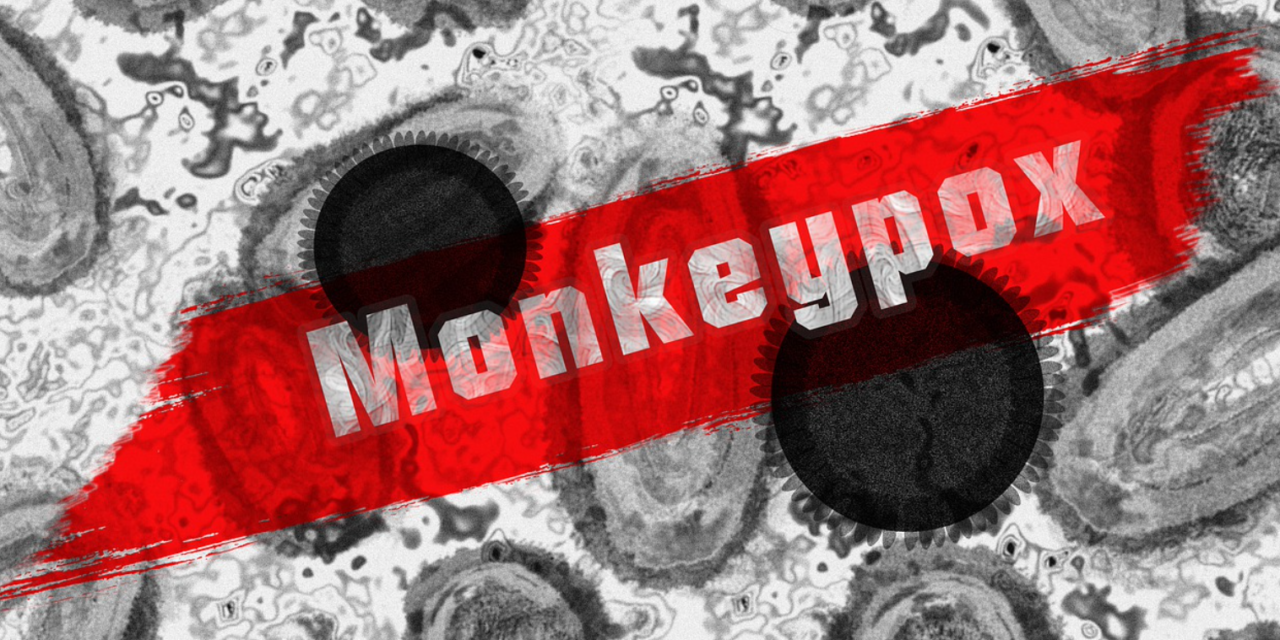On Wednesday, April 3, the North Carolina Department of Health and Human Services (NCDHHS) sent out a warning of a statewide increase in mpox cases: Over the past six months, 45 cases have been reported in 12 counties across North Carolina.
According to state health officials, nationally, an mpox outbreak began in late May of 2022 and peaked from July to August in 2022. There were just over 700 cases reported in North Carolina that year, followed by just nine in 2023.
The mpox virus – formerly known as monkeypox – is primarily spread by close contact, typically skin-to-skin contact, which often occurs during sexual activity.
The disease can lead to rashes, scabs or body fluid that can spread the virus.
Although anyone can become infected, state health officials warn, so far cases have predominantly occurred among gay, bisexual or other men who have sex with men.
A 2022 statement from the World Health Organization, explained the name change for the disease: “When the outbreak of monkeypox expanded earlier this year, racist and stigmatizing language online, in other settings and in some communities was observed and reported to WHO. In several meetings, public and private, a number of individuals and countries raised concerns and asked WHO to propose a way forward to change the name.”
The NCDHHS states that a vaccine is available to reduce the risk of mpox infection, hospitalization and death.
Those who are already fully vaccinated with two doses don’t need to get additional mpox vaccinations.
“It is important people know how to protect themselves against mpox infection as we have seen cases increasing across North Carolina over recent months,” stated Dr. Erica Wilson, medical director for the medical consultation unit in the NCDHHS Division of Public Health. “The JYNNEOS vaccine is an important tool and North Carolina has an ample supply of vaccine.”
The vaccines are currently free and available throughout North Carolina, regardless of a person’s immigration status. The two-dose JYNNEOS vaccine series is recommended for anyone at risk for mpox and aged 18 years and older, which includes the following:
- Anyone who has or may have multiple or anonymous sex partners
- Anyone whose sex partners are eligible given the criterion stated above
- People who know or suspect that they’ve been exposed to mpox in the last 14 days
- Anyone else who considers themselves to be at risk for mpox through sex or other intimate contact.
Symptoms include a rash on any part of the body, like the genitals, hands, feet, chest, face or mouth. The rash can look like pimples or blisters and may be painful or itchy.
In some cases, a rash is the only symptom experienced.
Other mpox symptoms can include fever, chills, swollen lymph nodes, exhaustion, headaches and respiratory symptoms.
More information about the virus, how to limit the risk, and how to get vaccinated can be found on the North Carolina Mpox and CDC Mpox websites.


What an exotic virus to find in our state along with the strange and sudden increase of measles, STD’s and even BEDBUGS all across our Nation! The source of the increase of disease, virus and illness can, in large part be blamed on the unchecked invasion of millions of people.
How much more will we tolerate?
Re. Mpox vaccination being free, that is NOT true. Someone has to pay in someway for this medication. Would be interesting and perhaps startling to know how many of those receiving Mpox and other “free medicine and some services” have knowingly put themselves in the dangerous situations!
Soooo, the way to avoid this is to behave like we were created to. We were taught from an early age how to sort shapes. Some parts are designed to fit together, others aren’t. Not to worry though, Big Brother has a new vaccine for that. The clinic will accept your delusions. You can identify as anything other than a gorilla & they’ll call you whatever you want to be called. Im not sure if we’re waiting for Rod Serling or for Scottie to beam us up.
If I learned anything working for the government for more than a quarter century it is this: Never trust the government. The ones getting bent over here are the taxpayers.
Betting we have alot of pox diseases popping up with the unvetted illegals Joey invited into this country. But, you John Q taxpayer get to pay for it. Enjoy what your vote brings.
Careful about JJ Drive next to Home Depot . Lots of “Monkey Pox” carriers are always around there.
Lot Lizzards
We need to mask up and maintain social distancing from monkeys (politicians).
How to avoid Monkey Pox:
Don’t participate in gay orgies.
The end!